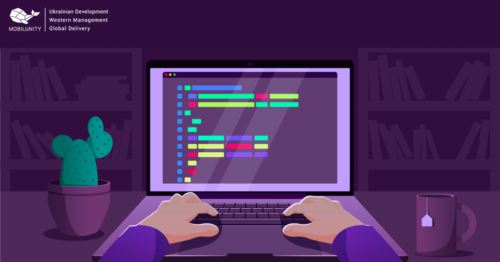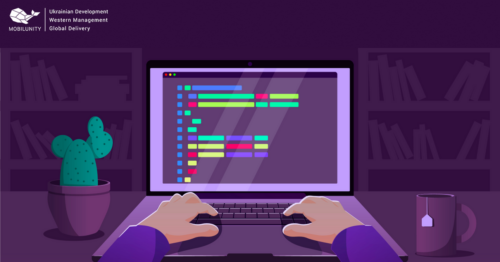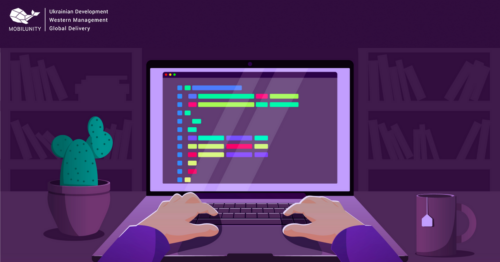BLOG
Welcome to the place where you can find more than just interesting information.
-
Best AI Development Tools: A Guide For Engineering Teams

-
Extended Team vs. Dedicated Team Model: Which Works Best for Your Project

-
The Overlooked Keys to a Successful Scale-Up Business

-
Team Extension: What Is It and How It Helps Your Business Grow

-
Software Development Costs: A Complete Guide for Founders, Executives and Tech Leads

-
Expanding Your Team: How It Works & Why It’s Essential for Growth and Success

-
What Is Nearshore Software Development: A Complete Guide

-
Staff Augmentation: Best Practices to Help You Succeed

-
Laravel and React JS: SaaS Solution for Banking and Finance Industry

-
How to Screen and Interview Fintech Data Engineer

-
How to Close a Complex Vacancy: .NET Core, ASP, Microsoft Azure for Banking and Finance

-
How to Hire Banking UX/UI Designers

-
Technical Recruitment Survey Report 2024

-
How to Choose SAP Offshore ABAP Development Services Provider

-
List of Open Source ERPs Fueled by Python

-
How Much Does Ionic App Development Cost?

-
How Long Does It Take to Build an App

-
What Is No-Code Development and How Your Business Can Benefit from It

-
Offshore iOS Development

-
Offshore Angular Development Services

-
Offshore Drupal Development

-
Offshore Data Scientists

-
Top Offshore Development Destinations: Number of Developers, Salaries & More

-
How To Find and Hire an Offshore Software Development Team

-
Offshore VUE.JS Development

-
Offshore Node.js Development

-
Offshore Laravel Development

-
Offshore Magento Development

-
Mobilunity Selected as One of the Top Custom Software Development Companies in Ukraine by SuperbCompanies

-
Mobilunity Selected as One of the Top IT Services Companies in Ukraine by GoodFirms
